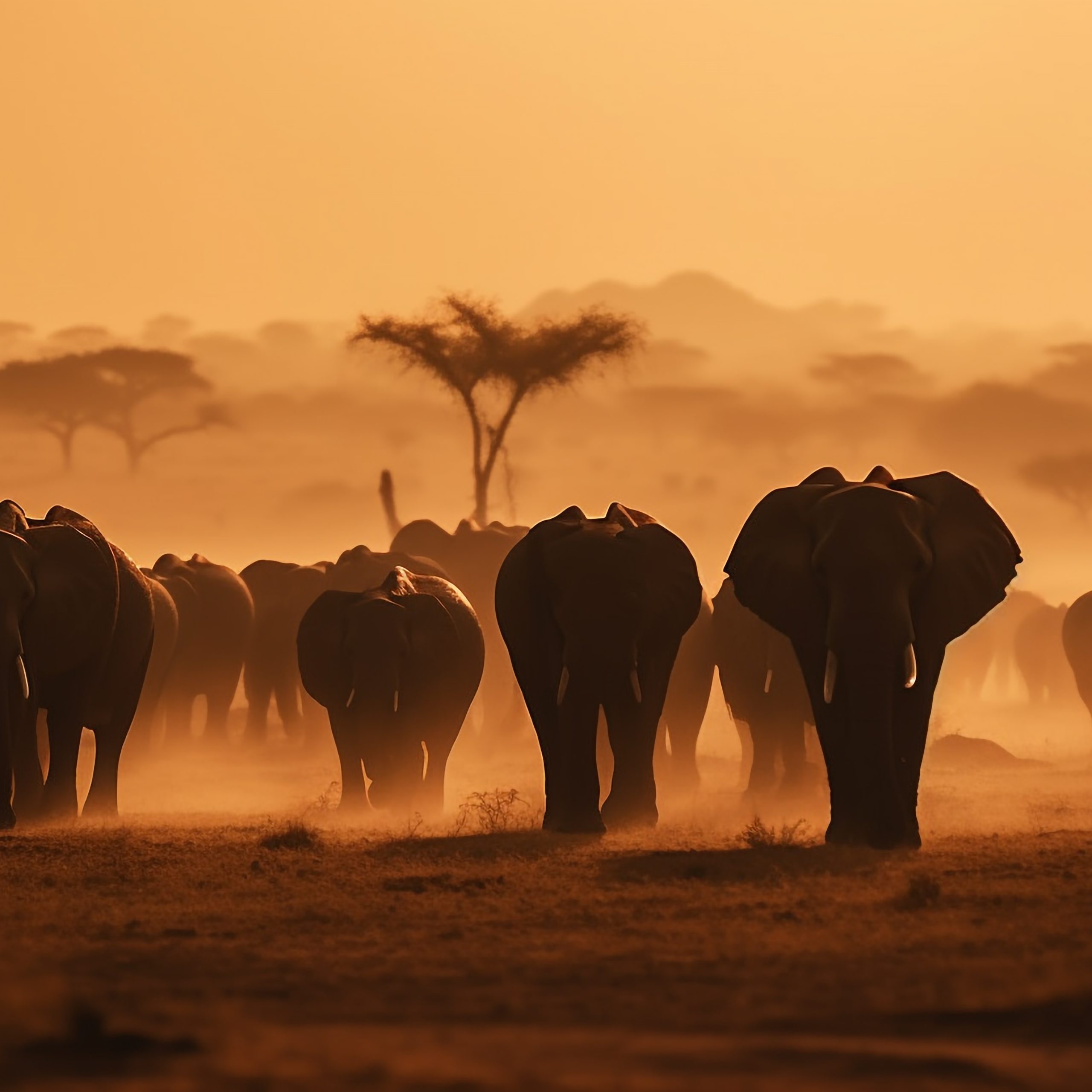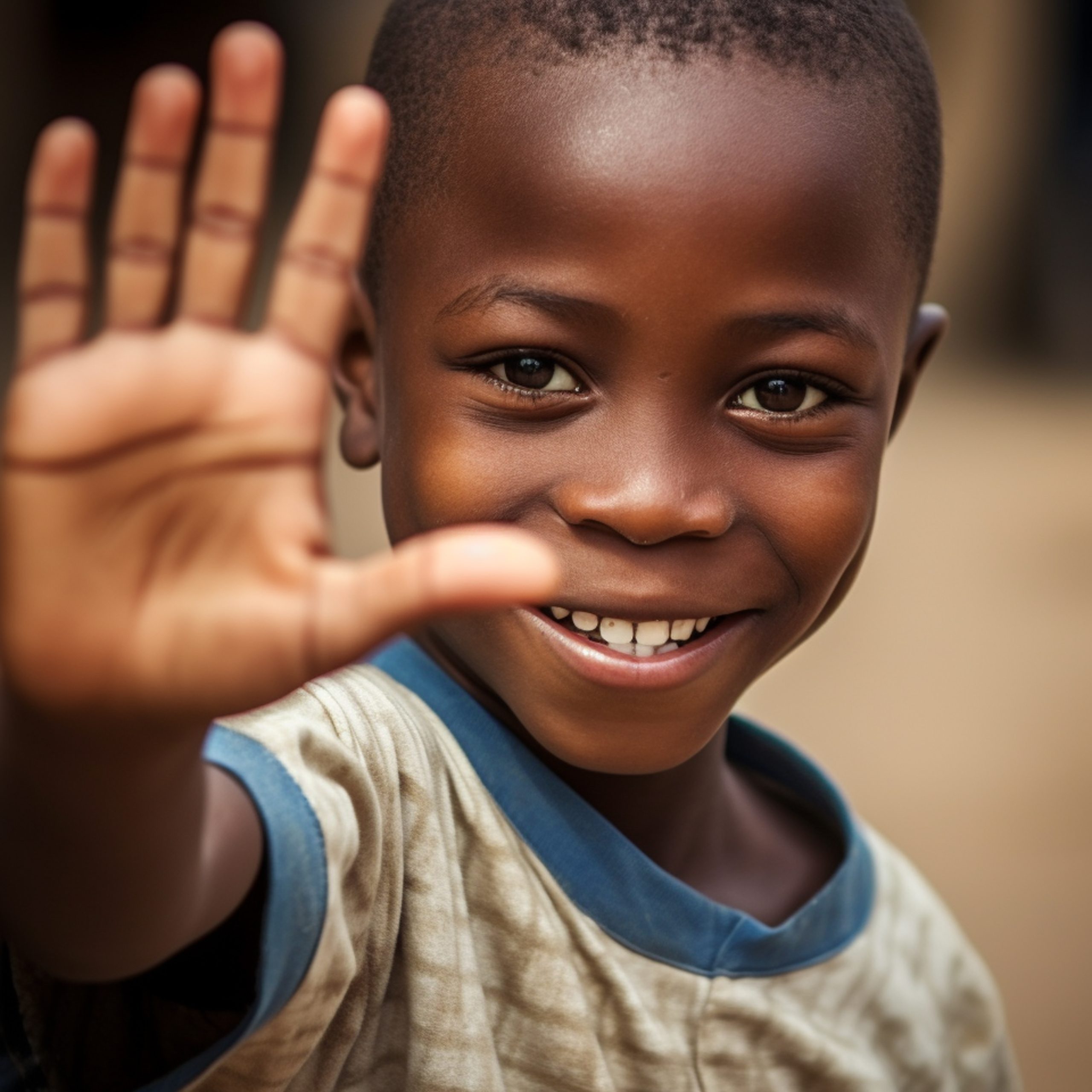LUMUMBA, MPOLO AND OKITO : SHEDDING LIGHT ON UNSUNG ACTS OF BRAVERY OF INSEPARABLE FIGURES IN DRC’S HISTORY
By Reagan Baseya Mbungu updated on January 15, 2024
January 17, is a historical date in DRC and in 2024 it marked the 63rd anniversary of the tragic disappearance of Patrice Emery Lumumba, Mpolo Maurice and Joseph Okito, emblematic figures in the struggle for independence of the Democratic Republic of Congo (DRC) in 1960. While history has often accorded significant importance to Lumumba, it is crucial to remember that the quest for DRC independence was the fruit of the joint efforts of these remarkable men, and not of a single man in the person of Lumumba and his fellow fighters.
Lumumba, Mpolo, Okito: United in Fight, Forgotten in History
All three were intrepid pioneers of Congolese independence, fighting against the colonial yoke to liberate their nation from oppression. Their vision and determination were major catalysts in securing the DRC’s independence, but it is worrying to note that the legacy of Maurice and Okito, deeply linked to that of Lumumba, seems to be gradually fading from the collective memory.
“These two personalities deserve to be talked about, especially for having played an important role in decolonization and the organization of the newly independent state,” says Maurice Mpolo, grandson of Maurice Mpolo, demonstrating that their collective impact in the struggle for independence deserves to be celebrated and honored in the same way.
Their fight for independence in 1960 was a crucial moment in the history of the DRC, placing it in the line of emancipated countries, and various awards for their significant contribution have been bestowed on them: National Hero for Lumumba and Grand Officer of the National Order “National Heroes Kabila-Lumumba” for MPOLO and OKITO in 2022.
But this distinction of title means that their names and contributions are often relegated to the background in favor of Lumumba, who remains an emblematic figure of Congolese independence and whose legacy is widely celebrated and commemorated around the world, despite the fact that his collaborators suffered the same fate as he did. “Patrice Emery Lumumba was undoubtedly the leader of their movement, hence the prominent place he rightly occupies in the country’s history. But those who were killed with him were primarily his collaborators (I emphasize the term) and not just his companions”, added Olivier OKITO, Joseph OKITO’s grandson.
Beyond the individual, a collective heritage
Indeed, Lumumba, Maurice and Okito joined forces to fight against colonialism and for the independence of the DRC. Their unwavering commitment and sacrifice were fundamental pillars in the struggle for our country’s freedom and sovereignty.
Working together, they embodied the determination and courage needed to defy colonial oppression, and laid the foundations for the DRC’s future as an independent nation, ushering in a new era for what the DRC is today.
Amaury Lumumba, grandson of Patrice Lumumba, declared: “It’s absolutely clear that we can’t do without the names Okito and Mpolo when we look back at the history of the DRC. It would be unfair to reduce them to loyal, dynamic seconds. We’re talking here about intellectuals who left their mark on this turbulent period with their political voluntarism.”
Their actions marked a major turning point in the country’s history, symbolizing the struggle for freedom, justice, and dignity. Their vision of a free and prosperous nation inspired generations of Congolese to pursue these ideals.
Since 1960, the DRC has experienced a series of political, economic, and social challenges and upheavals. Despite the hopes raised by independence, the country has faced periods of instability, conflict, and crisis. However, the legacy of the pioneers of independence, including Lumumba, Mpolo Maurice and Joseph Okito, continues to inspire current generations to work for a better
future. “His vision for his country was extremely modern. His position on women’s education, his commitment to freeing Congolese men and women from their inferiority complexes – in short, his desire to put the Congolese in charge of their own destiny – all bear witness to this,” says Amaury.
Mpolo Maurice and Joseph Okito: Reaffirming their place in the history of the DRC
Young Congolese should deepen their knowledge of Lumumba, Mpolo and Okito in order to grasp the importance of their commitment, courage, and values. Their determination to defend the sovereignty and dignity of their nation is a powerful example for younger generations. According to Amaury, Lumumba’s grandson, “Patrice Émery Lumumba’s intellectual curiosity and determination will have marked a life that he ultimately gave to us. He was very much like today’s youth, who are not afraid to challenge codes and conventions imposed as immutable truths. Young people who shape their own lives and find their own solutions to everyday problems.”
By integrating their history and ideals, young people can be inspired to contribute positively to the future of their country, drawing on the lessons of the past to shape a better future, for the legacy of Patrice Emery Lumumba, Mpolo Maurice and Joseph Okito remains a timeless symbol of the struggle for freedom, self-determination, and justice.
Their contribution to the history of the DRC must be celebrated and preserved, as it embodies the indomitable spirit of a nation that aspires to freedom and prosperity for all its citizens.
When we celebrate this commemoration, it is imperative that we commit ourselves to perpetuating the memory of these three heroes of Congolese independence, and to passing on their story with respect and dignity. In doing so, we will not only truly honor their legacy but will also ensure that they take their rightful place in the history of the struggle for Independence from Colonialism.



